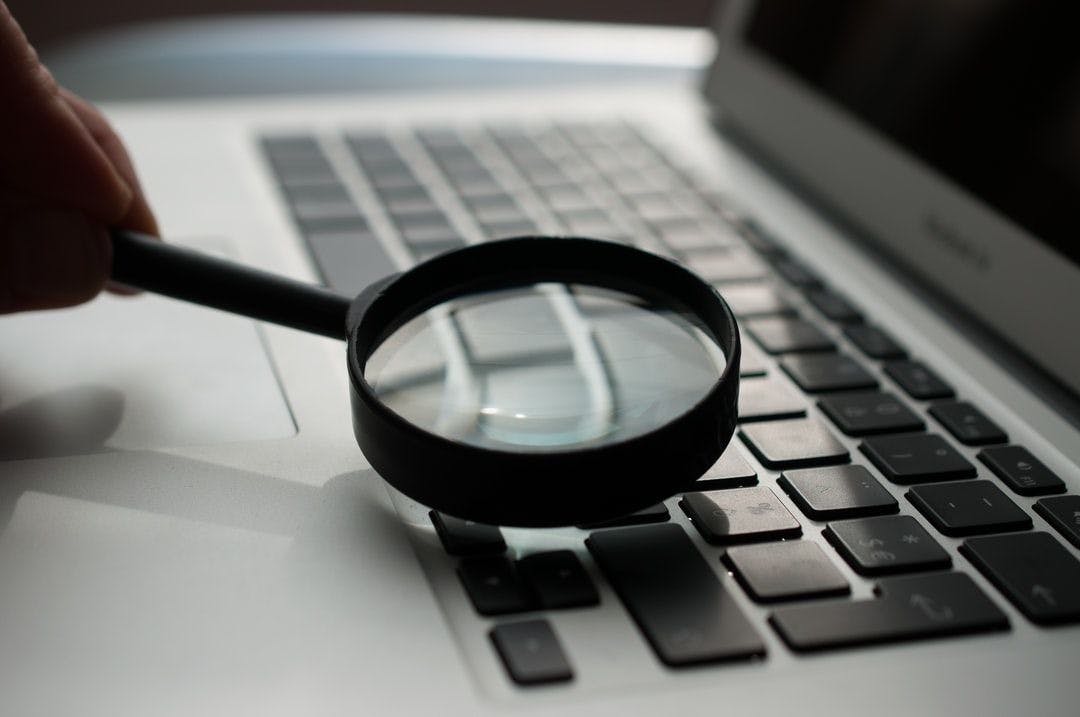163 reads
How to Be Your Own Auditor and Stay Safe in the DeFi Realm
by
April 27th, 2022
Audio Presented by

Co-founder of DOITONG & HashEx. Expert in AI, blockchain security, and product strategy.
About Author
Co-founder of DOITONG & HashEx. Expert in AI, blockchain security, and product strategy.
